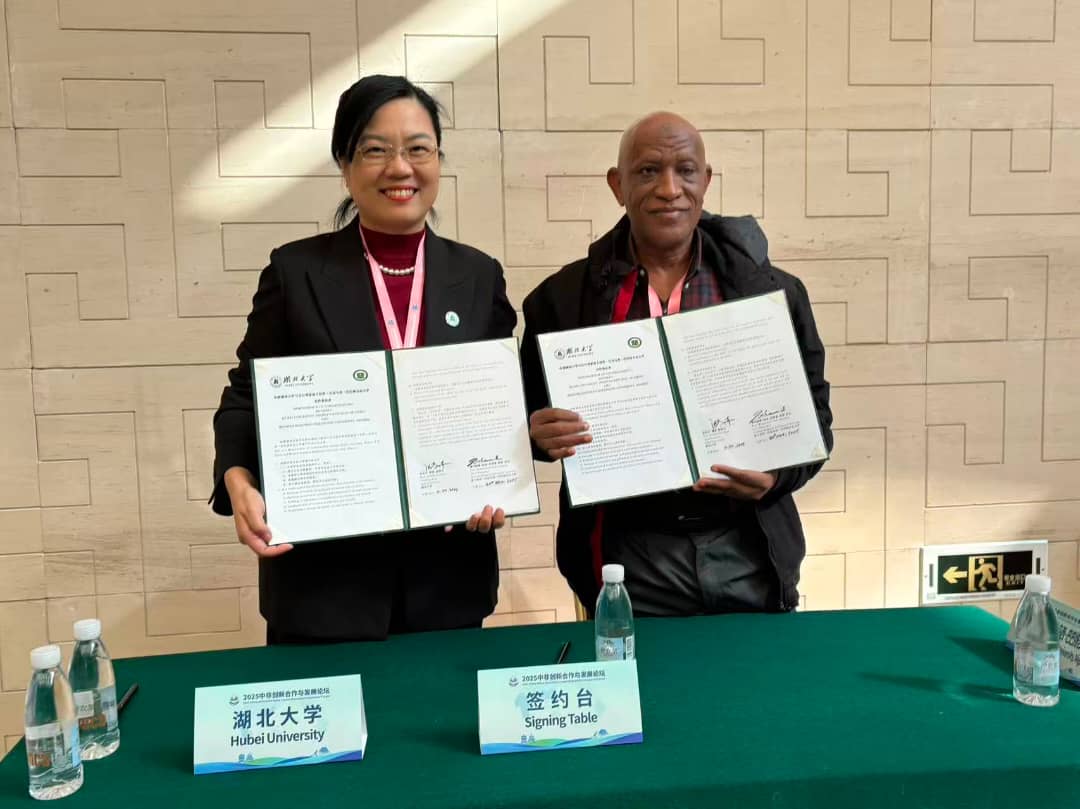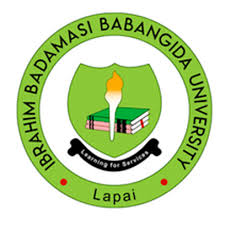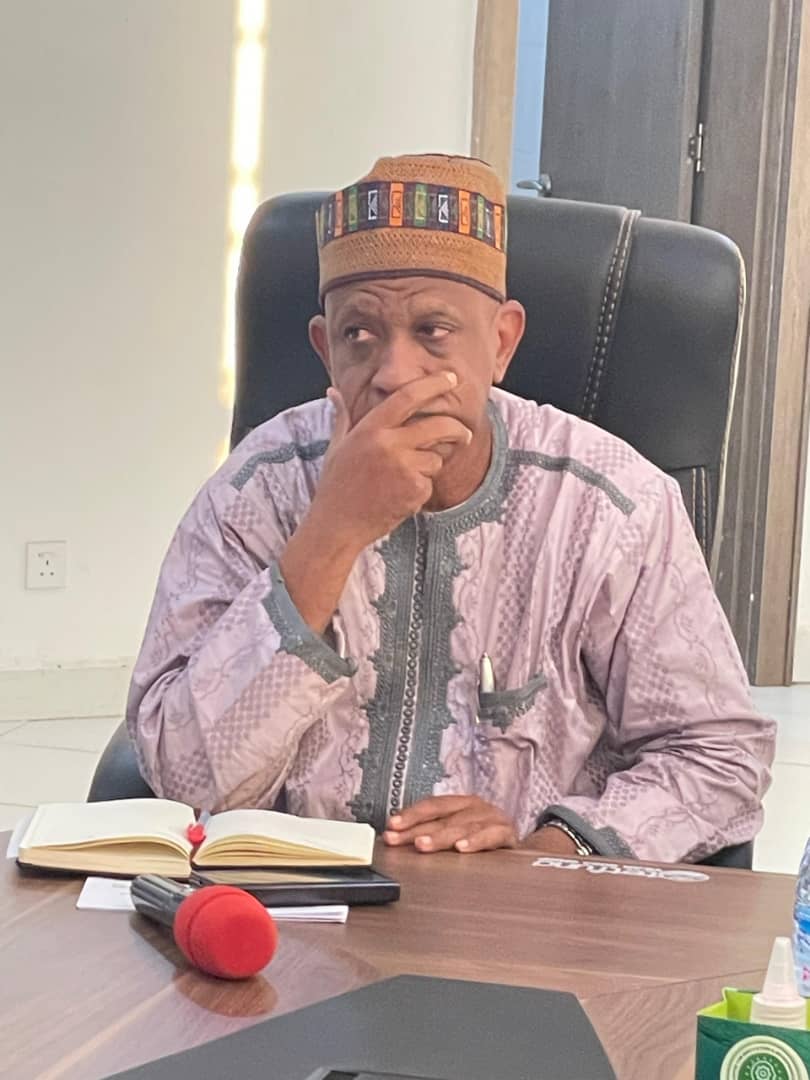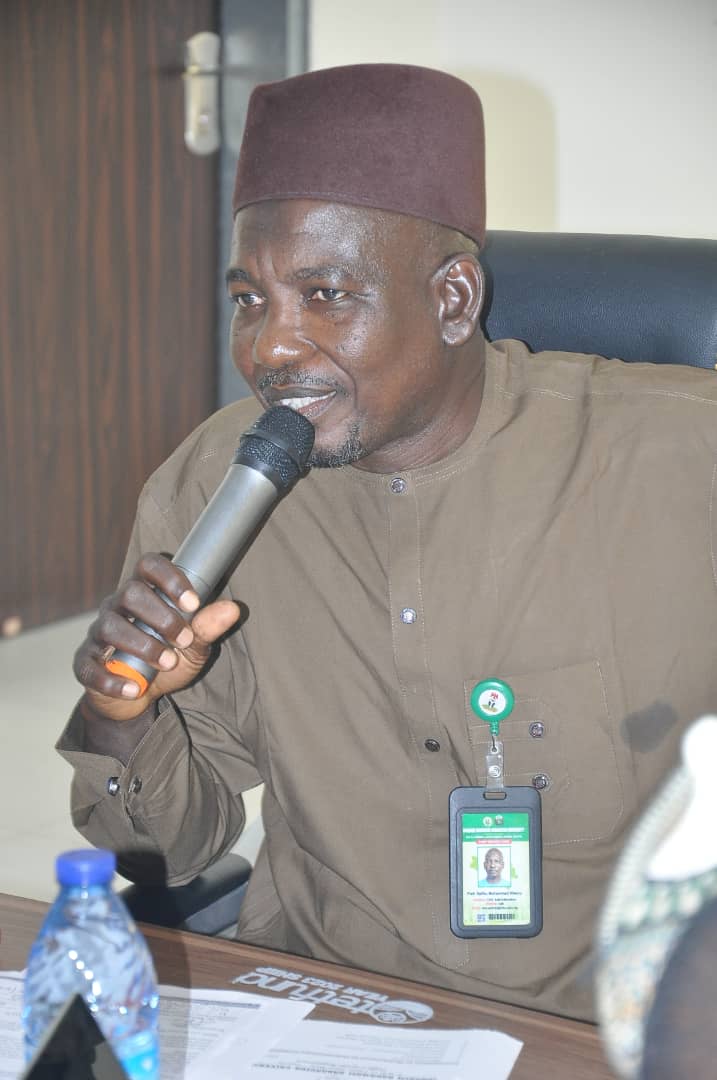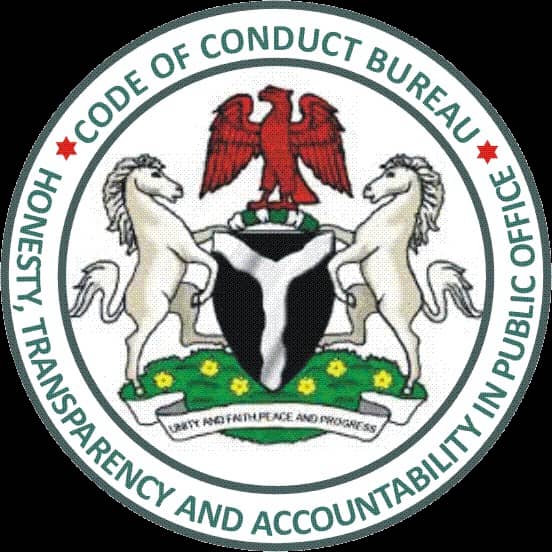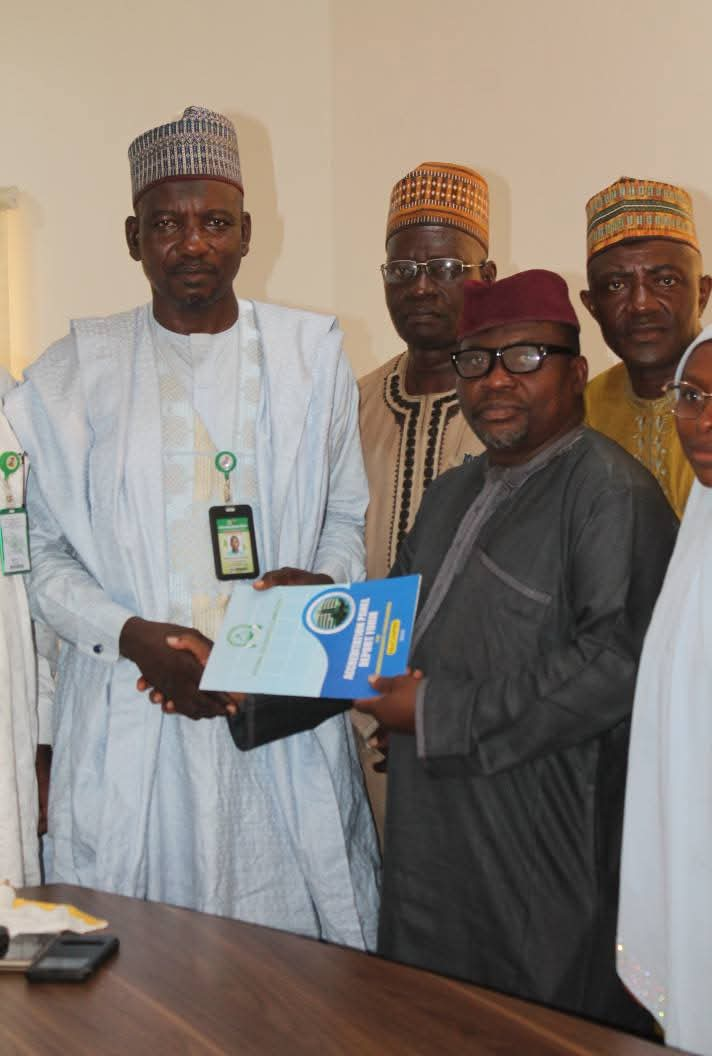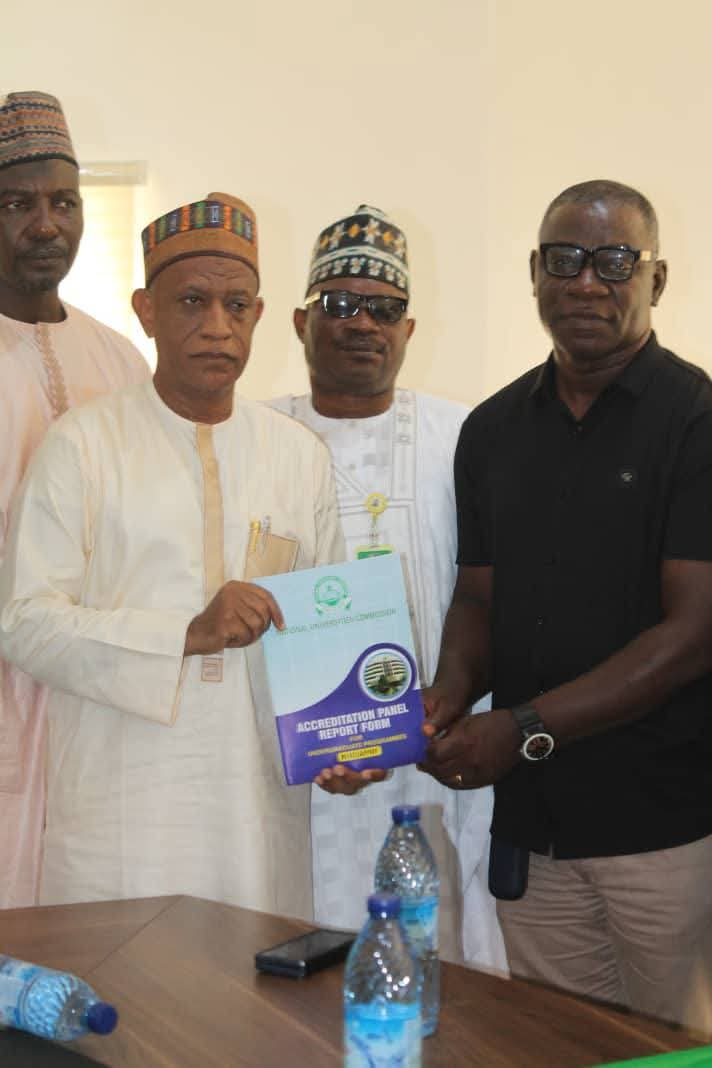The Mobile Telecommunication Network, MTN Nigeria has opened discussions with Ibrahim Badamasi Babangida University, Lapai (IBBUL), on a broad digital-transformation partnership aimed at strengthening the Institution’s ICT infrastructure, improving learning delivery, and expanding access to modern technological tools. A high-level MTN delegation visited the University to outline areas where the company’s emerging technology services could accelerate IBBUL’s digital growth.
The Regional Sales Manager, North-Central and Public Sector, Mr. Abubakar Dankani, who led the delegation, said MTN has evolved from a conventional telecommunications provider into a fully integrated technology company offering end-to-end digital solutions.
He noted that the shift from analog to digital systems across the world has placed universities at the center of technological advancement, making institutions like IBBUL strategic partners in MTN’s national digital-transformation agenda. He expressed satisfaction with the University’s infrastructural development and described IBBUL as the right institution to collaborate with on long-term digital modernization.
Dankani emphasized MTN’s readiness to support the University in areas such as data-center services, cloud solutions, enterprise applications, cybersecurity, and digital process automation.
He explained that MTN recently launched a state-of-the-art Tier III Data Center in Lagos, designed to meet the needs of organizations seeking secure, scalable, and locally compliant data-hosting services.
He invited the University to outline its specific priorities so that MTN can design solutions tailored to IBBUL’s operational, administrative, and academic needs.
In his detailed technical presentation, MTN’s representative, Mr. Collins Agu, explained that the company’s transition into a technology provider enables it to deliver comprehensive ICT solutions that go beyond connectivity.
He said MTN works closely with institutions to understand their operational challenges before designing customized solutions that integrate productivity, security, collaboration, and workflow automation. This approach, he added, ensures that partner institutions gain a clear competitive advantage in digital service delivery.
Agu highlighted MTN’s partnership with Microsoft, which allows the company to deliver Microsoft 365 productivity and security tools at significantly discounted rates for accredited educational institutions. According to him, lecturers can access trusted tools like Word, Excel, PowerPoint, Teams, and OneDrive at highly reduced costs, while students can enjoy nearly free access to key learning tools. These solutions, he said, support virtual classrooms, secure document storage, real-time collaboration, and improved learning management.
He also described MTN’s no-code and low-code applications that allow institutions to automate routine administrative processes. These applications support functions such as attendance management, memo approvals, requisition workflows, and e-signature processing enabling university officials, including the Vice-Chancellor, to approve documents remotely while maintaining strict security controls. Agu further outlined MTN’s cybersecurity solutions, which include training, phishing-simulation programs, device-protection policies, and remote data-wipe capabilities for lost phones or laptops.
Agu concluded with an overview of MTN’s Tier III Data Center, emphasizing its compliance with global standards, carrier-neutral connectivity, high-availability guarantees, and scalability for growing institutions. He assured IBBUL that MTN’s pricing is fully denominated in naira and structured on a pay-as-you-use model, eliminating foreign-exchange burdens and reducing upfront capital expenditure.
He affirmed MTN’s readiness to guide the University through full digital transformation from campus operations to cloud infrastructure and cybersecurity governance.
Principal officers of the University acknowledged the presentation but requested more detailed demonstrations, including pictorial and video illustrations of how each solution functions in real time.
They stressed the importance of clear cost-benefit analysis, synergy with IBBUL’s existing ICT infrastructure, and transparent pricing in naira. They noted that the University must fully understand implementation procedures, user benefits, and long-term sustainability before committing to any technological investment.
Mrs. Nanklin, who coordinated the engagement, welcomed the MTN team and provided context on IBBUL’s ongoing efforts to strengthen digital services across academic and administrative operations She explained how the company’s digital products can support the university in communication, information dissemination, and operational efficiency. She highlighted MTN’s ringback tune solution, which allows institutions to convert key messages, jingles, or announcements into caller tunes that play whenever anyone calls a staff member.
According to her, this tool can serve as an effective internal and external publicity channel whether the University wants to promote admissions, reinforce dress codes, broadcast reminders, or run short institutional messages. She noted that with a workforce running into hundreds or thousands, layering a single message across all staff lines immediately amplifies institutional communication at no extra cost. She also demonstrated MTN’s mobile application services, including M-Survey, which enables the University to send quick polls and feedback prompts to students.
Responses are automatically compiled into an easy-to-read dashboard, providing real-time insight on issues such as student satisfaction, campus services, or policy compliance.
She further outlined MTN’s enterprise solutions designed to enhance the University’s digital operations. These include the setup of call centres for managing student enquiries, internet services tailored for institutional use, and MTN’s advanced surveillance cameras equipped with SIM-enabled connectivity, solar power options, two-way audio communication, and cloud-based data storage for up to 60 days. She added that these tools allow administrators, including senior officers, to monitor campus locations directly from their phones and interact with individuals around the camera in real time. Addressing concerns about cost, she emphasized that MTN’s technology is structured to reduce operational expenses rather than increase them. By hosting data in MTN’s Tier III Data Center, the University avoids the high cost of powering, cooling, and maintaining an on-premises facility and pays only for the resources it uses on a prepaid basis. She also highlighted the Closed User Group (CUG) plans, which significantly reduce call expenses for staff from over ₦5,000 monthly to as low as ₦1,000bimproving communication, reducing cost, and boosting overall productivity.
The Acting Vice-Chancellor, Professor Mohammed Salihu Niworu, described MTN’s visit as timely, noting that the University is actively pursuing a strategic shift toward digitization.
He said the Institution recognizes the pivotal role technology now plays in modern education and is determined to adopt solutions that improve access, enhance efficiency, and support global competitiveness, while encouraging MTN to present clear models and implementation timelines that align with the University’s operational realities.
He assured the delegation of the University’s openness to partnerships that deliver measurable value and long-term sustainability. While acknowledging MTN’s technological capacity, he emphasized the need for clarity on integration, cost implications, training requirements, and maintenance support, expressing confidence that a well-structured collaboration could significantly strengthen IBBUL’s digital ecosystem.
The Registrar, Alhaji Idris Saleh Kusherki, thanked the MTN team for the comprehensive presentation and reiterated the University’s interest in solutions that reduce administrative bottlenecks and strengthen data security.
He stressed that any adopted technology must guarantee reliability, affordability, and seamless integration with existing systems, adding that the institution will carefully evaluate all proposals before making final decisions.
